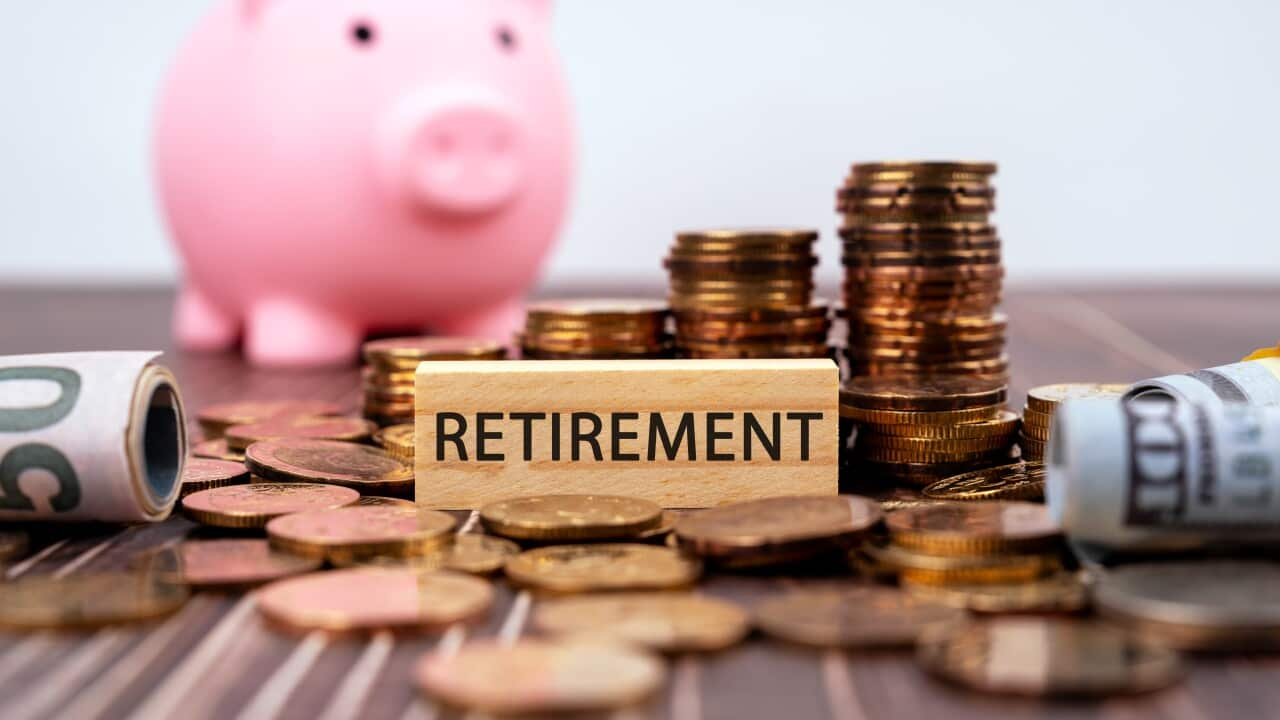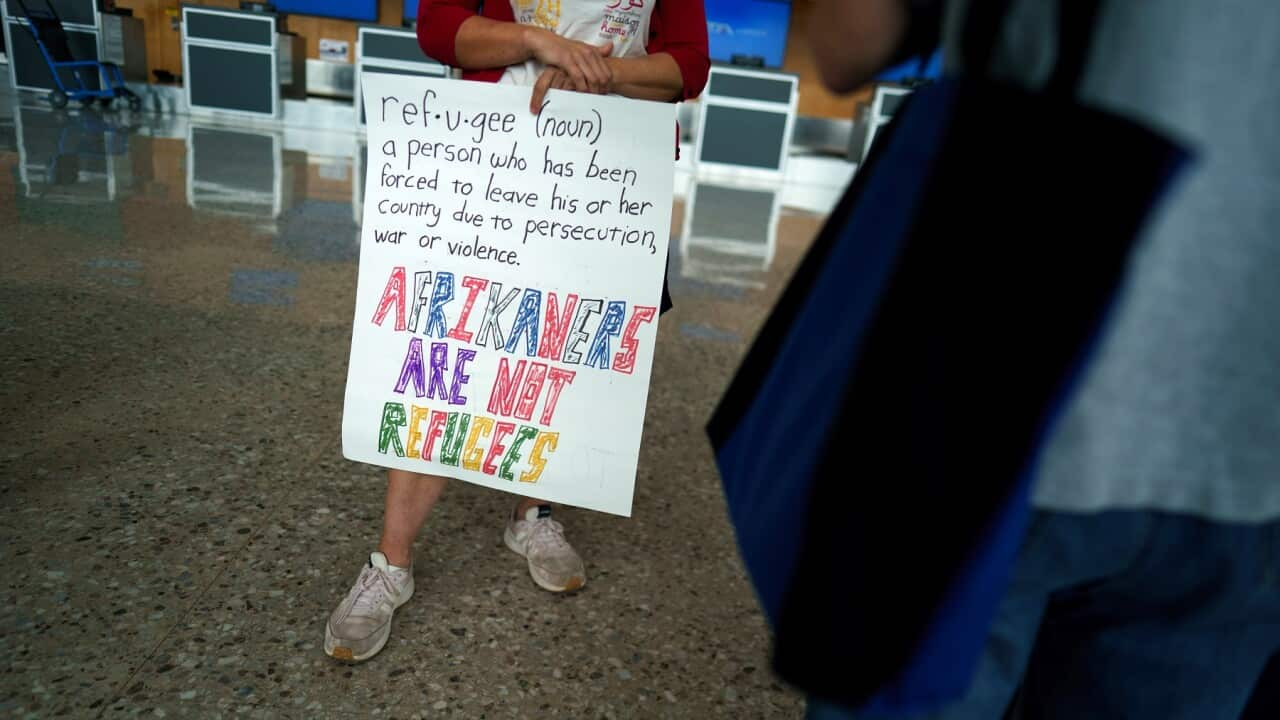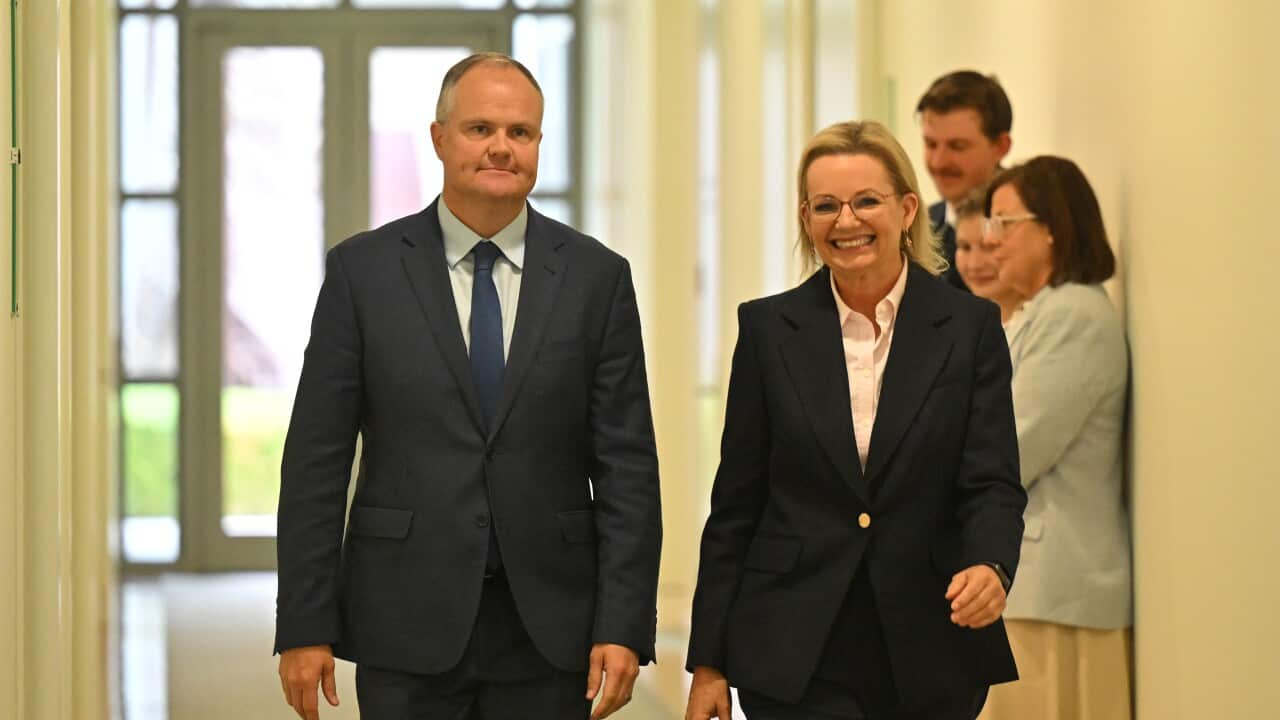TRANSCRIPT
Retirement savings, the reality every Australian has to think about - some groups more than others.
As the chief executive of Older Women's Network New South Wales, Yumi Lee has been receiving growing calls from older women struggling with poverty.
"Older women, they retire with a minimum of 25 per cent less than men in superannuation. But what was really concerning to us is that there are other older women who have very little super, or no super whatsoever."
She says many older women have been disadvantaged due to the historical gender pay gap that disrupted their careers and they are also more likely to be in part-time work.
With less super, many older women rely on the Age Pension, a government payment for retirees in Australia.
Ms Lee says with low lifetime income levels and superannuation, many older women are struggling with housing and other daily costs.
"It is fantastic that there are some people who are going to retire with enough superannuation, so they can have a good life. However, there's a growing number of people especially older women who are retiring into poverty."
The sharp unequal distribution of superannuation comes as Australia is set to become one of the richest countries for retirees.
New research has found that despite having a relatively small population, Australia's retirement savings are on track to becoming the second highest in the world by the early 2030s, after the United States.
And the accumulation is largely achieved thanks to Australia's superannuation system, according to Misha Schubert, the chief executive of Supers Members Council, which conducted the research.
"What Australia has done is built a system which is the envy of the world, because what it does is it gives millions of Australians, particularly importantly for people in low income jobs and minimum wage jobs, the chance to save for retirement in a way that was never possible before the creation of super 32 years ago."
Ms Schubert believes the big capital pool of superannuation will benefit not only individuals, but also Australia's ability to invest overseas.
"It is growing Australia's influence and security in the world because that capital pool from a trusted source of capital, from a country that's got strong stability in it, is sought after by so many investment opportunities around the world, that increasingly will help to strengthen Australia's security in the world and our influence in the world.''
This week, a group of representatives from Australia's superannuation sector will be in the US, joining the Superannuation Investment Summit, hoping to find new opportunities to develop the sector.
But some advocates and economists have expressed concerns about whether everyday Australians will benefit from Australia's superannuation scheme.
Dr Greg Jericho is the Chief Economist at the Australian Institute.
He says the current superannuation system is not delivering public benefits, but just giving rich Australians what he calls "a large tax break".
"We know that the superannuation tax concessions are designed to encourage people to save for their retirement so that they are less reliant on the age pension. But what we know is that these concessions are now costing around $56 billion a year, and more than a third, around 20 billion a year is going to the richest 10 per cent and these were people who were never going to be eligible for the age pension."
A report co-authored by Dr Jericho last October shows 22.8 per cent of Australian retirees live in poverty, compared to 11.1 per cent in Sweden and 3.8 per cent in Norway.
He says it's time to fix the retirement asset system.
"One of the things we could do is, for a start, we need to reduce the level of those superannuation tax concessions and then increase the Age Pension. And that's the real key that we need to do. The Age Pension should be higher than than it is. It should be something that is viewed not just as a safety net, but something that actually delivers good retirement, rather than having our current system all geared towards this furphy of self funded retirees who are actually not so much self funded as tax break funded.''
Wayne Strandquist is the Chief Advocate for Australian Independent Retirees, which represents fully and partly self-funded retirees.
He agrees that Australia is good at accumulating superannuation, but he also wants to see more customer support from big superannuation funds, so that people can feel better prepared for their retirement.
"Generally, most people in retirement phase don't see the funds responding in the way that they, would expect, given that they are the client and the super funds are the provider and are managing their superannuation. But sometimes retiree members feel that the superannuation funds feel like it's their money, not the members money, in terms of responding to requests to move those funds or provide a payout or a pension. Yeah."













